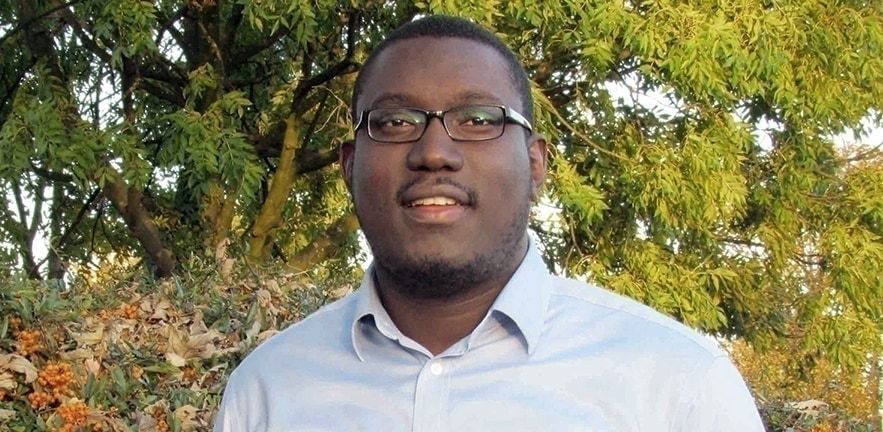Dr Othman Cole of Cambridge Judge Business School speaks about the “resource curse” afflicting some developing countries, and how to reform public-private infrastructure initiatives.
Dr Othman Cole, Senior Faculty in Management Practice (Finance) at Cambridge Judge Business School, was featured this month in an article on the University of Cambridge website in conjunction with Black History Month. Researchers including Othman, a native of Sierra Leone, spoke about their inspirations and motivations, and their route to Cambridge.
Othman earned his MPhil in Finance and PhD in Management Studies at the University of Cambridge, and currently serves as Deputy Director of the Executive MBA programme at Cambridge Judge and is a Fellow of Hughes Hall.
His research and teaching at Cambridge Judge focuses on behavioural finance and capital structure decisions, with a focus on energy companies and their impact on the economies of developing nations. He has also been a candidate for the Cambridge City Council, and is active in Conservative Party politics in the UK.
Othman spoke about the challenges facing developing countries with energy resources such as oil and gas, and how they can make the most of this God-given but finite bounty to best serve their populations:
Some developing countries suffer from what’s known as the ‘resource curse’. Countries blessed with a lot of natural resources – such as oil and gas and minerals – attract a lot of foreign capital and technology. That can be a good thing, of course, but often the profits from these investments get repatriated to the home country of the investing company, often a multinational. So many of the jobs created in the developing country are low-skilled employment such as catering that serves the expatriates, with most of the skilled employment belonging to people from abroad working for the multinationals.
As a result of this resource curse, there’s often a limited link between these natural resources and the rest of the economy. The local currency can become overvalued, and this limits exports from sectors other than energy because products from those other sectors become overpriced in international markets. It’s those other sectors that are vital to create stability when – as happens often – energy markets become volatile.
Developing countries need to develop more stable and predictable revenues. Oil-rich countries such as Norway, Saudi Arabia and some Gulf states have mitigated the volatility of energy markets by creating sovereign wealth funds – because these funds invest in many other types of companies unrelated to energy. Countries such as Nigeria and Angola realise the benefits of this, but they haven’t been as successful because the rewards from energy often get raided for salaries and essential needs of the population.
I’d like to see developing countries use sovereign wealth funds to invest in local companies and local sectors unrelated to energy. This would be a simple way of diversifying and hedging against wide swings in oil and gas prices. Investments in education and infrastructure initiatives would be doubly valuable because it would help entrepreneurship and innovation to thrive in many other parts of the economy.
Public-private partnerships and private finance initiatives can help drive these sorts of infrastructure projects. Cash-strapped governments now need outside financing to launch traditionally public-sector projects such as school construction and roads, but these sorts of arrangements have developed a bad reputation due to some high-profile failures that required a government bailout. Public confidence in these projects would be strengthened if there was more equal risk allocation, with shareholders of private companies taking on more of the risk now borne by taxpayers.


